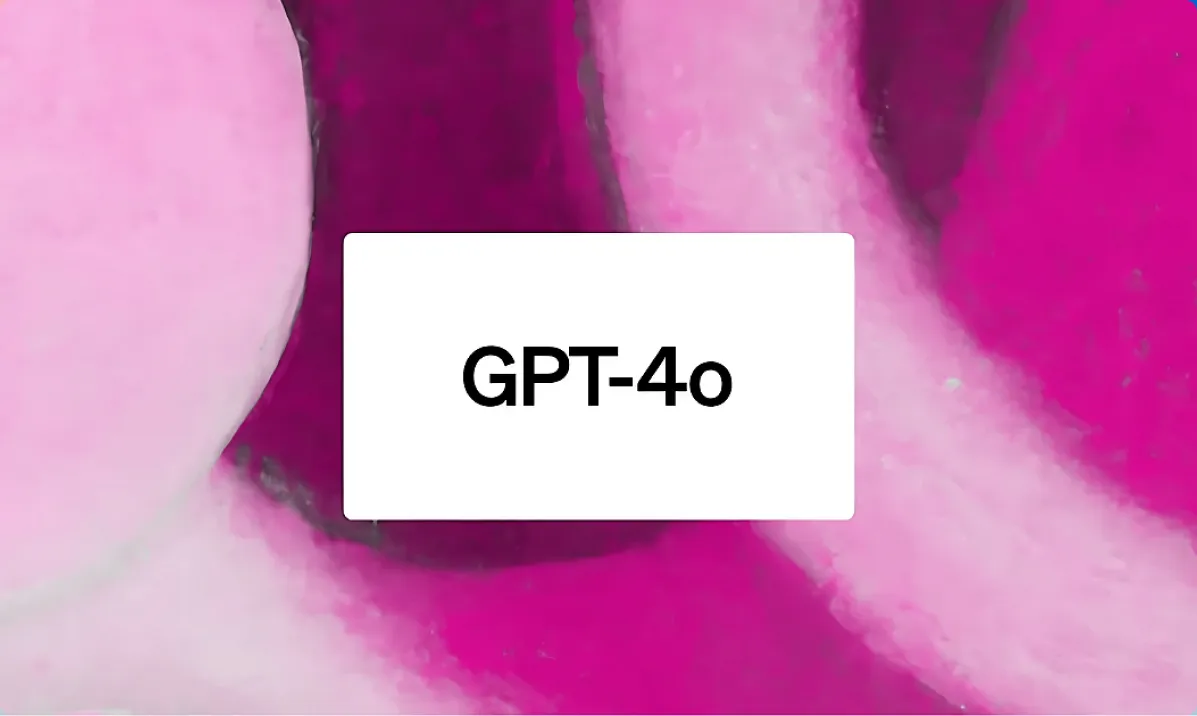Collaboration is at the core of human progress, and it is the ability to work effectively with others that has propelled us to achieve great feats. Over my decade-long career, I have learned that there are four indispensable skills that are essential for any degree of human collaboration. These skills are abstract, interlinked, and bi-directional, and they are applicable in any context, not just in a professional setting. They complement each other to form a system or mindset that can propel you as a social animal. In this blog post, I will delve into these four essential skills and share insights on how to cultivate them for successful human collaboration.
1. Structured Communication
Effective communication is an essential art in collaboration. Consciously learning how to communicate in a structured manner is crucial to ensure that your message is easily consumable and understood by others. While structuring is important in both written and spoken communications, practicing it in written communication can gradually improve your spoken communication as well. Here are some key considerations for structured communication:
- Use ordered lists and sub-lists to pack more than one or two points, as it greatly aids in information absorption and retention.
- Properly use punctuations to ensure clarity and coherence in your communication.
- Avoid abbreviations and short forms, as they can introduce lag in reception. If you do use an abbreviation, provide its full-form in brackets next to the first usage if it is not obvious.
- Provide quick examples whenever necessary to aid understanding.
- Use correct grammar, as it reflects professionalism and attention to detail.
2. Setting The Right Expectations
Efficiency in collaboration is relative and depends on how much of the set expectations have been achieved. The ability to precisely measure efforts or people and communicate a clear set of expectations is the key to attaining social nirvana in collaboration. It is essential to set expectations both ways - what others should expect from you and what you should expect from others. While this skill comes with practice and experience, keeping it in your conscious thoughts can accelerate the process.

3. Be Ethical
Setting right expectations goes hand in hand with good ethics. Being ethical in your actions and decisions is crucial for building trust, which is the foundation of successful collaboration. It is important to be ethical not only in your actions towards others but also in how you expect others to treat you. For example, if you are an employer, underpaying your team members is unethical and expecting great work in return would be unrealistic. Optimizing your ethical positioning involves surrounding yourself with ethical people and constantly self-analyzing how ethical you are towards others around you.

4. Understanding Psychology
Human behavior and psychology play a critical role in collaboration. Understanding how people think and behave is essential for effectively dealing with them in a collaborative setting. While I don't suggest everyone to get a degree in psychology, gaining insights from relevant books on the subject can significantly enhance your collaborative skills. Understanding human psychology can also boost your emotional intelligence, which is crucial for successful collaboration. Here are some book recommendations:
- "Nudge" by Richard Thaler
- "How the Mind Works" by Steven Pinker
- "Behave" by Robert Sapolsky
- "Phantoms in the Brain" by V.S. Ramachandran
- "The Culture Code" by Daniel Coyle
Conclusion:
As I continue to learn and optimize my collaborative skills, I encourage you to reflect on these four essential skills for successful human collaboration. Cultivating structured communication, setting the right expectations, practicing ethics, and understanding psychology can greatly enhance your ability to collaborate effectively with others. I would love to hear your thoughts on this topic. Thank you for reading!
Send us a quick query
Recommended Posts

Ruby vs JavaScript: Comparing Two Dynamic Languages for Web Development

The Top Programming Languages in 2024










